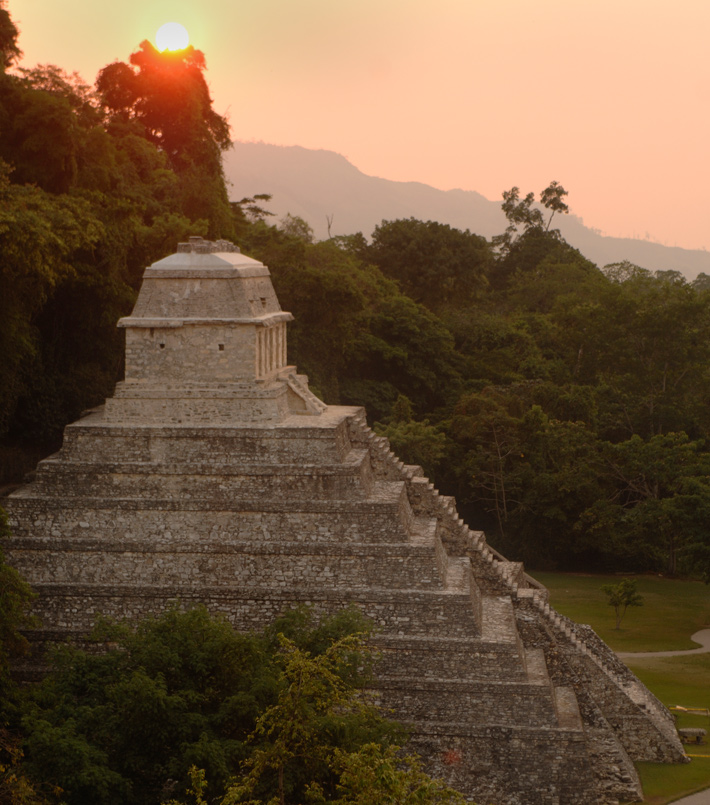GILMER, TEXAS—Tens of thousands of Caddo Indian artifacts excavated in the 1990s have been analyzed, photographed, and cataloged for display at Stephen F. Austin University. The Caddo people were hunters and farmers who lived in Texas from 700 A.D. to the mid-fifteenth century, leaving behind pottery, arrowheads, tools, pipes, houses, and burials. The largest cemetery found as part of the project had been looted in the 1970s. “The sites we dug were all probably part of a large extended dispersed village where people would live close enough to be in communication,” said archaeologist Mark Parsons.
Ancient Caddo Indian Artifacts Ready for Texas Museum
News January 18, 2013
Recommended Articles
Model Homes March/April 2026
Doorways for the Dead
LOCATION: Thebes, Egypt
DATES: Ca. 1981–1975 b.c.

Model Homes March/April 2026
A Maya God’s Humble Abode
LOCATION: Copán, Honduras
DATE: Ca. a.d. 700–850


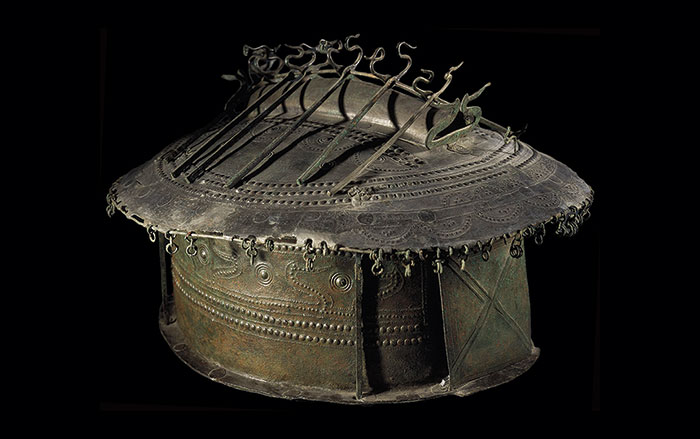
-
Features November/December 2012
Zeugma After the Flood
New excavations continue to tell the story of an ancient city at the crossroads between east and west
 (Hasan Yelken/Images & Stories)
(Hasan Yelken/Images & Stories) -
Letter from India November/December 2012
Living Heritage at Risk
Searching for a new approach to development, tourism, and local needs at the grand medieval city of Hampi
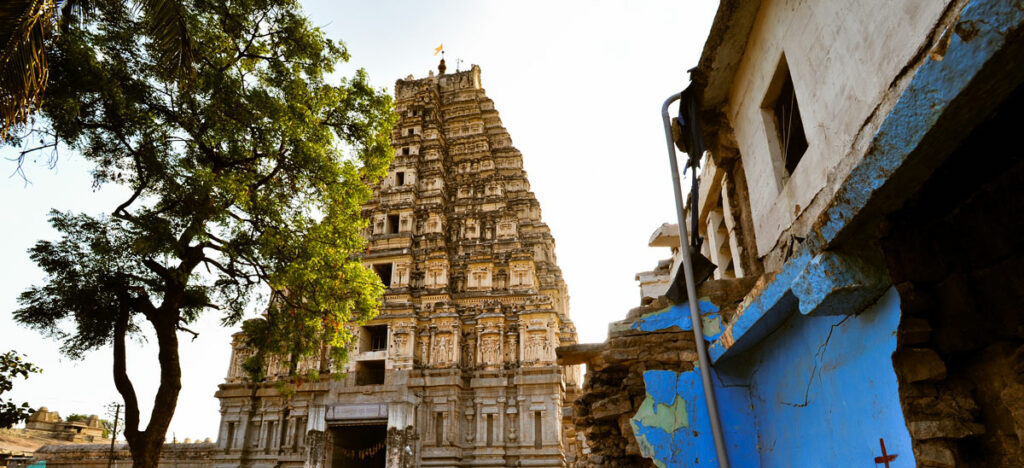 (Gethin Chamberlain)
(Gethin Chamberlain) -
Artifacts November/December 2012
Beaker Vessels
Ceramic beakers were the vessels of choice for the so-called “Black Drink” used at Cahokia by Native Americans in their purification rituals
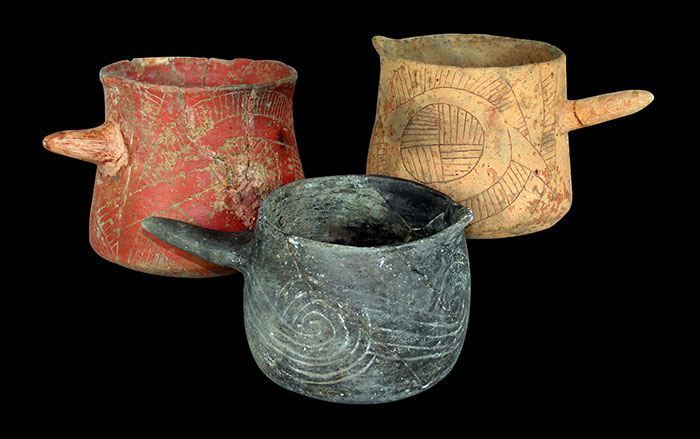 (Linda Alexander, photographer, use with permission of the Illinois State Archaeological Society)
(Linda Alexander, photographer, use with permission of the Illinois State Archaeological Society) -
Digs & Discoveries November/December 2012
The Desert and the Dead
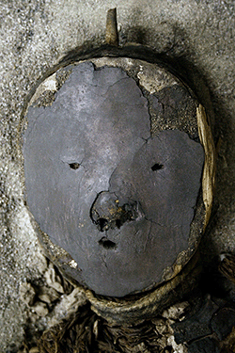 (Courtesy Bernardo Arriaza)
(Courtesy Bernardo Arriaza)


